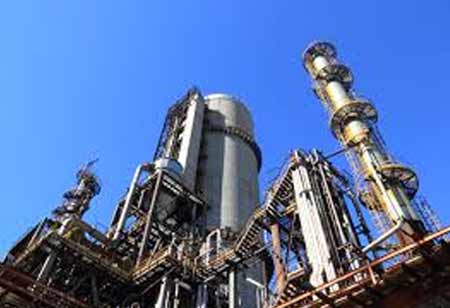By proactively embracing emerging trends and investing in advanced technologies, chemical companies can establish themselves as leaders in this evolving industry, fostering innovation and supporting a sustainable future. This article discusses some of the significant trends in the chemical industry.
Fremont, CA: The chemical industry is driven by key trends, with environmental, social, and governance (ESG) considerations at the forefront. Companies are required to adopt innovative and efficient operational approaches. Embracing the strategies aligns with societal expectations and positions firms to navigate the evolving market landscape effectively. Businesses need to integrate these ESG factors into their core practices, fostering resilience and creating value for stakeholders while addressing the industry's pressing challenges today.
Some of the recent technology trends in the chemical sector may include:
Digitalization and Industry 4.0:
One of the most prominent trends in chemical technology currently gaining traction is digitalization, which involves incorporating digital technologies across all facets of chemical production and management. Industry 4.0, defined by the connectivity of machinery, sensors, and data systems, is transforming the operational landscape for chemical firms. Organizations can enhance processes, reduce waste, and improve product quality through big data analytics, artificial intelligence (AI), and the Internet of Things (IoT).
Green Chemistry and Sustainable Practices:
As global environmental issues intensify, the chemical industry faces mounting pressure to implement sustainable practices. Recent trends in green chemistry emphasize creating processes and products that limit or eliminate harmful materials while minimizing their environmental footprint. This transition towards sustainability supports ecological preservation, complies with regulatory standards, and meets consumer demands.
Adopting biotechnology and bio-based feedstocks is widely recognized as a suitable alternative to conventional petrochemical sources. By leveraging renewable resources, such as plant-derived materials, companies can manufacture chemicals that exhibit a reduced carbon footprint. Furthermore, catalytic process innovations facilitate more efficient chemical reactions, thereby decreasing energy usage and waste production.
Advanced Materials and Nanotechnology:
The advancement of sophisticated materials represents a particularly intriguing facet of emerging technologies within the chemical sector. Notably, nanotechnology is paving the way for developing materials endowed with distinctive properties and diverse applications. Nanomaterials across multiple industries propel innovations such as more potent, lighter composites and highly effective catalysts.
Latest Technology Trends in Automation & Robotics:
Automation has long been an established concept; however, its implementation within the chemical industry is experiencing significant growth due to robotics and artificial intelligence advancements. The latest technological developments in automation empower chemical firms to improve production efficiency, enhance safety measures, and lower operational expenses. Modern robots are now adept at executing complex tasks with high precision, ranging from the management of hazardous substances to the execution of sophisticated laboratory procedures.

